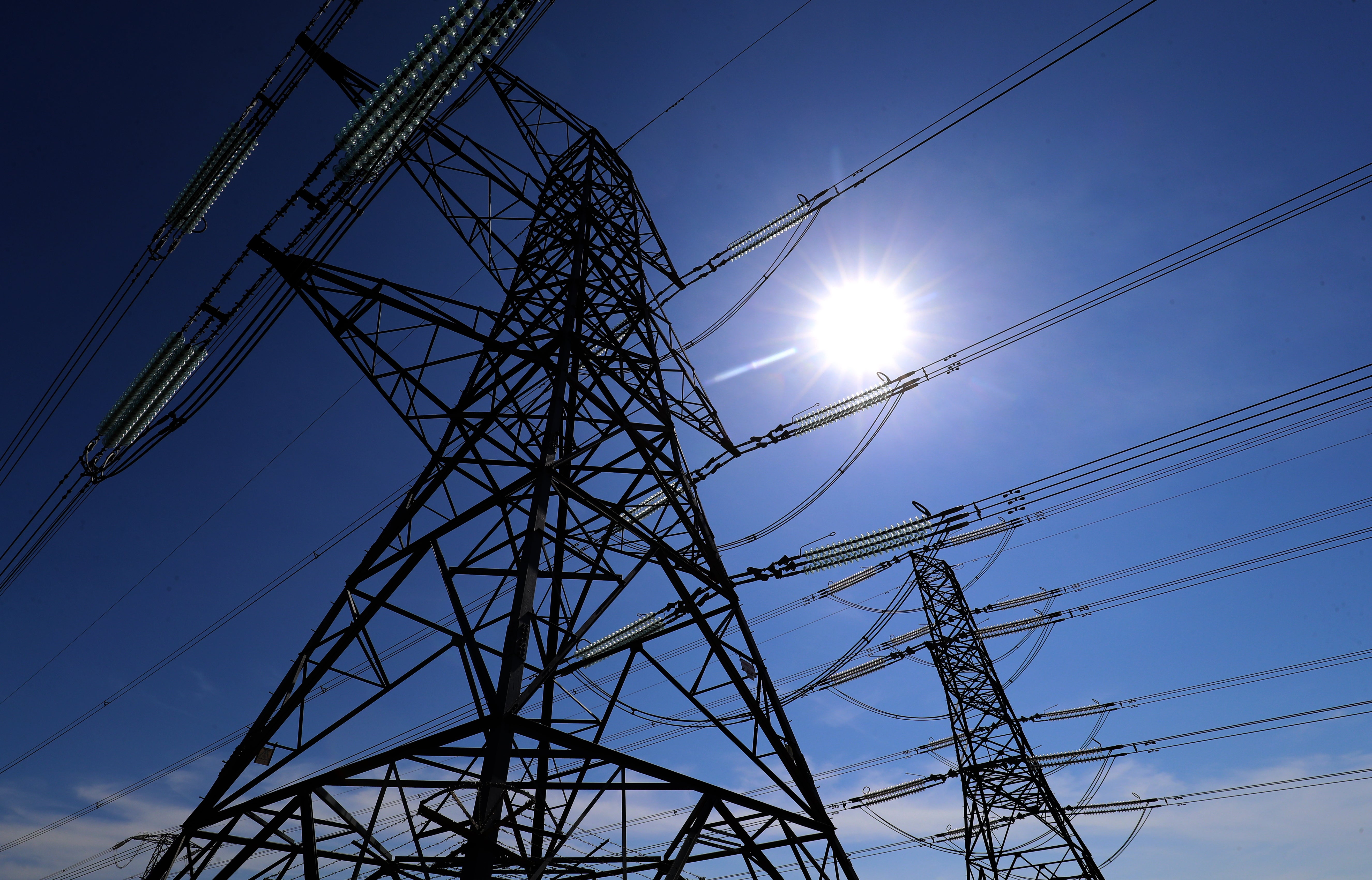Failure of energy suppliers will add £2.4bn to bills – Ofgem
More than 30 energy suppliers have gone out of business since the start of last year.

Your support helps us to tell the story
From reproductive rights to climate change to Big Tech, The Independent is on the ground when the story is developing. Whether it's investigating the financials of Elon Musk's pro-Trump PAC or producing our latest documentary, 'The A Word', which shines a light on the American women fighting for reproductive rights, we know how important it is to parse out the facts from the messaging.
At such a critical moment in US history, we need reporters on the ground. Your donation allows us to keep sending journalists to speak to both sides of the story.
The Independent is trusted by Americans across the entire political spectrum. And unlike many other quality news outlets, we choose not to lock Americans out of our reporting and analysis with paywalls. We believe quality journalism should be available to everyone, paid for by those who can afford it.
Your support makes all the difference.The energy suppliers who picked up the pieces when dozens of their rivals collapsed over the last year could be paid £2.4 billion from energy bills, a watchdog said.
The charge will be spread across all households in Great Britain, and will likely reach between £2.2 billion and £2.4 billion, regulator Ofgem has revealed.
When a supplier goes out of business, its customers are picked up by one of the rivals which ensures that customers are kept on supply and seamlessly transferred to the new supplier.
But this comes with costs to the new supplier, which is able to claim back the money from the rest of the market.
In evidence provided to the Business, Energy and Industrial Strategy Committee, Ofgem said that a vast majority of the billions that companies will claim – 85% – will be to buy enough energy in advance to supply their new customers.
More than 30 energy suppliers have gone out of business since the beginning of last year.
Industry experts say that some of these companies were poorly run, but others were responsible businesses that were simply not able to withstand the giant rise in wholesale gas prices over the last year.
According to Citizens Advice, the charge could add as much as £94 to an average household bill at a time when energy costs are set to go through the roof anyway.
From April 1 the average household whose bills are limited by the price cap will go from paying £1,277 per year to £1,971 per year.
The actual final bill of course depends on how much energy is used. The cap limits the cost of electricity to 28p per kilowatt hour (kWh) and the price of gas is capped at 7p.
At current predictions average bills could rise by another £1,000 per year from the beginning of October.
On Tuesday Gillian Cooper, head of energy policy at Citizens Advice, said: “We need to move to a world where the costs of failures are not fully borne by energy bill payers.
“We have estimated that the costs of all these energy supplier failures is going to cost in excess £2.4 billion.
“That is about £94 per household. And that does not include the cost of the failure of Bulb which is being treated separately under the special administration regime.”
Ofgem said that the figure is still “subject to significant uncertainty”. It added that at the moment the proportion of the costs that suppliers are claiming to refund customers the balances that they had with the collapsed supplier is 3.6%, but it thinks this could rise as high as 10% – or around £240 million.
It said that payments need to be made “promptly” to make sure that the new suppliers are not put in financial difficulty from taking on the customers of their collapsed rivals.